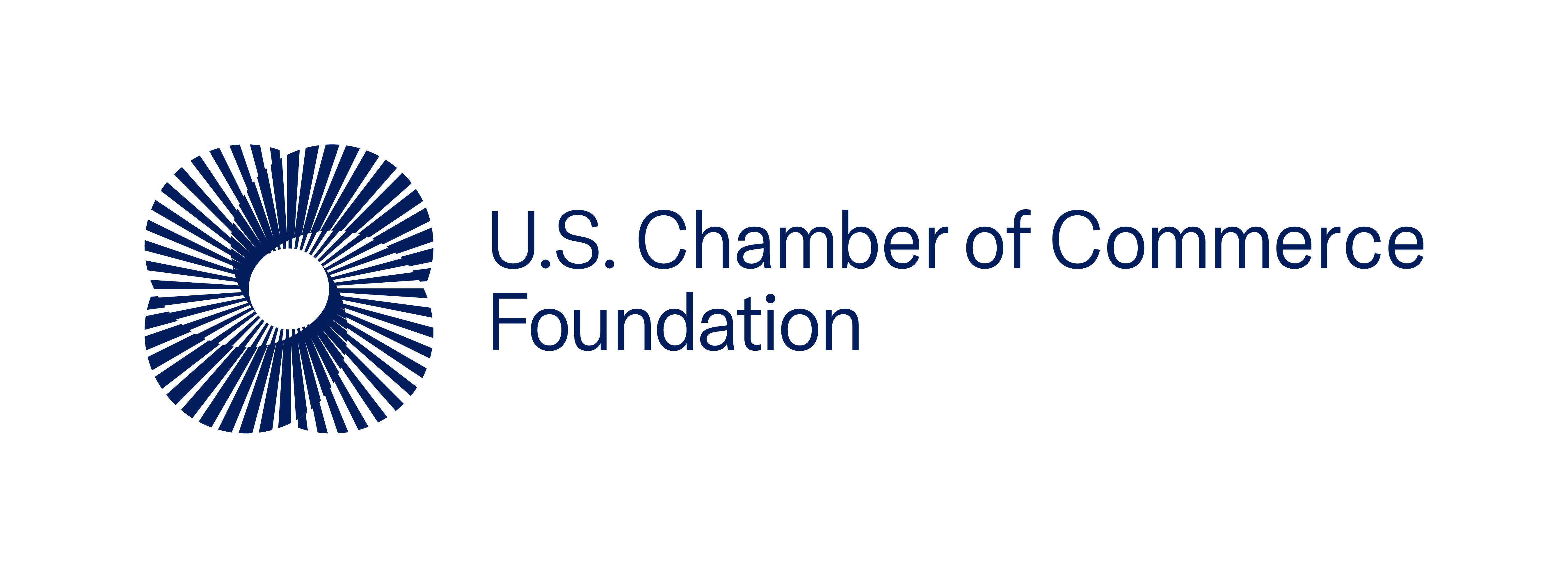"Fear of Failure" Won't Hold Entrepreneurs Back for Long
Amway knows that the fear of failure is often the biggest obstacle to an individual's entrepreneurial spirit. Now, company leaders are implementing creative solutions around the world to address the challenge.

[Editor's Note: Author Jeff Terry will be speaking at the International Women's Day Forum 2015 on March 4 - 5 in New York City. Register here to attend.]
By: Jeff Terry, Global Head, Corporate Responsibility, Amway
Amway leaders and Amway business owners—the individuals who have Amway businesses—talk a lot about the “entrepreneurial spirit.” Entrepreneurship is the cornerstone of the direct-selling industry, and Amway business owners believe in helping to put business ownership within reach of anyone who wants it.
With a sobering world labor picture from the United Nations (UN)—200 million people globally unemployed, and 400 million new workers projected to enter the workforce in the next 10 years—we at Amway believe entrepreneurship can provide new opportunities and new thinking for many of those unemployed and underemployed people.
But we’ve studied what people think of entrepreneurship’s role in society outside of Amway, and found there’s a gap of 31% between people who would like to start a business and those who actually are self-employed. The study is detailed in the Amway Global Entrepreneurship Report (AGER), a partnership with the Technical University of Munich and 23 academic partners. The study was conducted by Gesellschaft fuer Konsumforschung Nürnberg (GfK), a major global research company headquartered in Germany.
AGER uncovered that the number-one factor in this entrepreneurial gap, cited by 41% of respondents, is fear of failure—specifically, fear of the financial consequences of failure. A key reason for the fear is that people often don’t feel adequately prepared with skills, education, and mentoring to succeed as entrepreneurs. Disadvantaged and underserved populations, especially the 75 million unemployed young people ages 15 to 24 cited by the UN, are perhaps the least prepared to overcome this fear of failure.
This “entrepreneurial gap” and the “fear of failure” resonate as both issues and solutions.
The AGER findings have spurred discussions around the world, from public policy forums in Turkey to media panels in Mexico. The hope is that leaders will be encouraged to turn dialogue into local actions that support an entrepreneurial climate and help those who dream of business ownership to overcome their fears.
Around the world, local Amway leaders are taking the AGER learnings and trying creative new ways to address obstacles to self-employment, with a concentration on preparing disadvantaged and underserved communities to overcome the fear of failure and elevate the entrepreneurial spirit. Here are a few examples:
- Through a national partnership program that includes Amway Russia, mothers with young or large families in Russia who want to succeed professionally are benefiting from business development grants and courses that teach entrepreneurship skills.
- In Ukraine, 5,000 orphaned teenagers are learning personal money management, budgeting, and financial and consumer safety from 16 specially trained Amway business owners in a program run by the Association of New Economic Education and sponsored by Amway Ukraine.
- Amway employees are mentoring and teaching students about free enterprise and owning a business at an inner-city public high school that serves an economically disadvantaged community in Grand Rapids, Michigan.
- Visually impaired girls in Ahmedabad, India, sell jewelry, sweets, and other items they make at a special shop for which Amway India provides money, technical support, and advertising help.
- Amway business owners spoke at the Entrepreneurship Summer School in Belgium, where 120 students from around the world spent a week in workshops and discussions that address the skills and ideas they need to run their own businesses.
- When transportation costs kept budding Amway business owners in Soweto, South Africa, from getting to training locations, Amway South Africa established Mobile Sales Centers that brought training and business support closer to them.
- Disadvantaged youth in Germany are gaining self- confidence, learning to take initiative, and gaining skills in management and entrepreneurial thinking through the Network for Teaching Entrepreneurship, an NGO sponsored by Amway Germany.
Entrepreneurship is not the only solution to world employment issues. But these localized efforts have taught us a great deal. We see in them the seeds for a comprehensive, global corporate social responsibility (CSR) initiative to help reduce the fear of failure and close the entrepreneurship gap, making opportunities to ignite the entrepreneurial spirit in youth and others an important part of the new global labor markets.
Register here to attend the International Women's Day Forum 2015, and hear Jeff Terry explore Amway's strategic community involvement in more depth.
[Editor's Note: This article originally appeared in Global Economic Empowerment: Private Sector Solutions at Each Stage of Development.]

